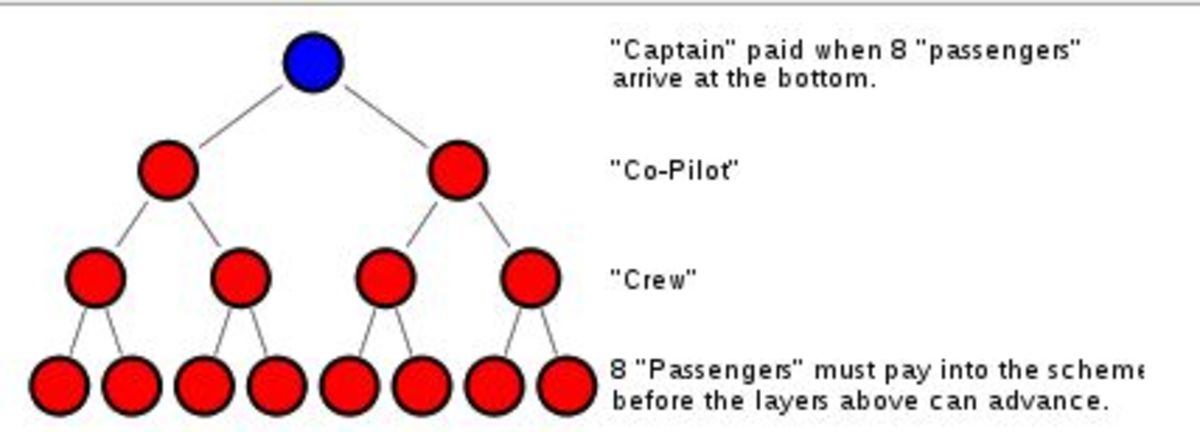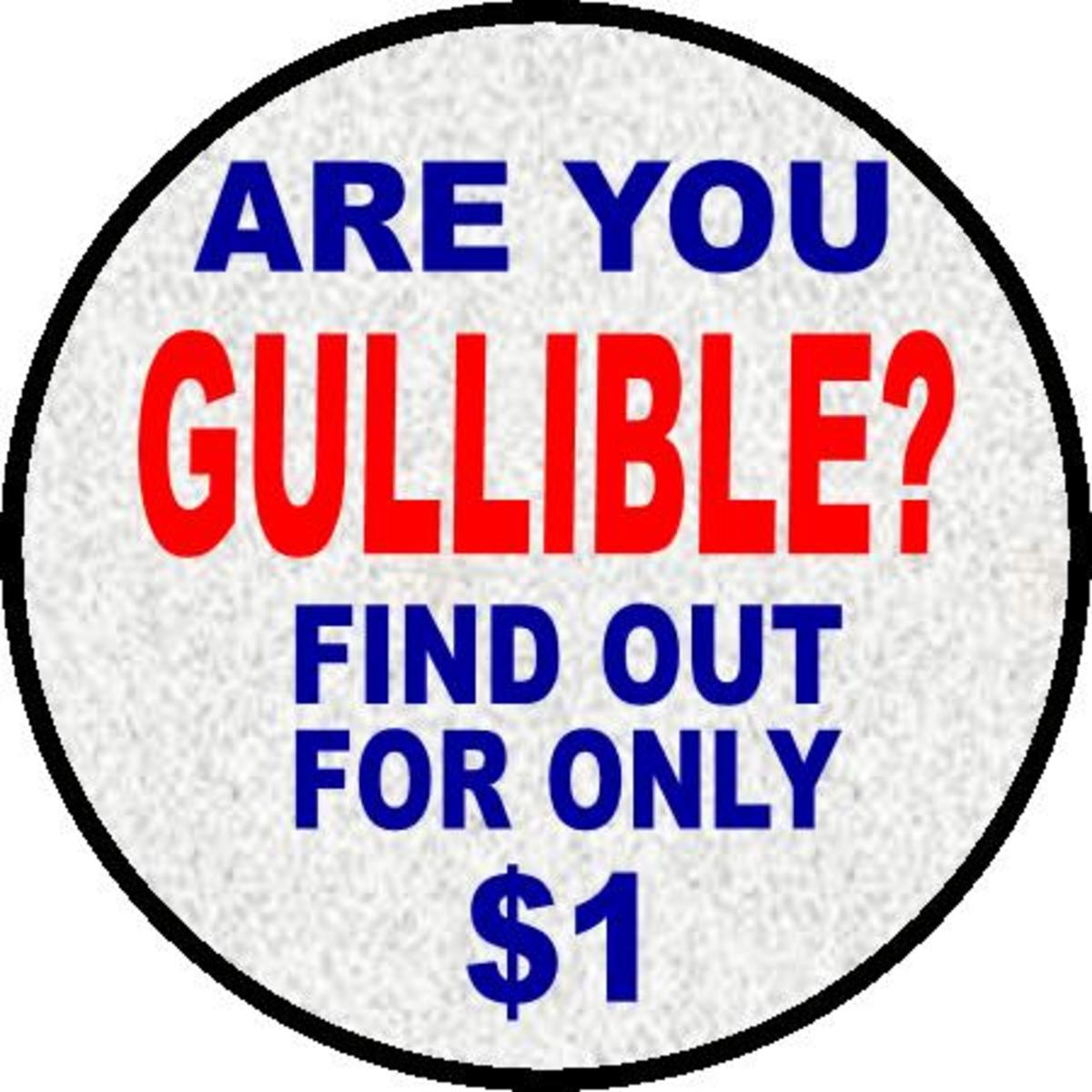Protecting Yourself From Online Scams
The Internet Scams
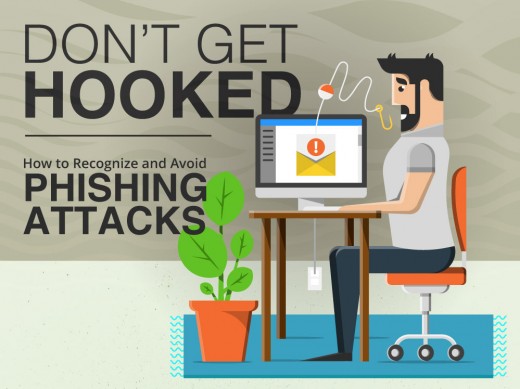
Phishing Is A Problem:
SCAMMING EMAILS DO NOT METION YOUR NAME
One spring day, about nine years ago, I have been receiving four e-mails — within a 24 hour period — which looked legitimate. Two from my bank, and two legitimate looking e-mails from two other banks. All requesting my personal information. None of them using my name.
MY IN-BOX
The first e-mail I opened was from my bank and the subject line stated I had to up-date my account information within 48 hours. The second one concerning my bank was for me to link my account information to the New York City Metro-card for use of public transportation. The thing is I have never in my life used the Metro-card system, because I am disabled, I do not use public transportation. I use transportation for people with disabilities in New York City called Access-A-Ride. The scary thing was it had the last four digits to my credit card. That felt wrong.
For the first one, I clicked onto the Url given, and it would not go through. That happens sometimes so I just refreshed two more times, and it still did not work. Then I decided to click on the direct email address to my bank, and it still did not go through. That did not make sense to me, and I became so suspicious I typed in my bank's web address into the field address, and there was no problem. I decided then to call my bank.
MY BANK REPRESENTATIVE INFORMED ME ABOUT THE TERM PHISHING
The representative I spoke to informed me that the e-mails sound like a phishing —pronounced fishing — e-mail. She said identity thieves send e-mails usually through bulk mailings with the hope that some of the people they send it to are customers of the bank they are pretending to be. She advised me to delete the e-mails.
HARD WORKING CRIMINALS
As I went through the rest of my e-mails I came across two other e-mails from two other banks. A total of four e-mails in the hopes — from the sender — that I would send in my information. Those are some hard working criminals. All of the faux e-mails were very official looking. You should call your bank first before e-mailing any of your information. I called one of the more well known of the two banks, and I was given the abuse email address for that bank and I forwarded the email to them as I did with my own bank.
LEARNING SOMETHING NEW
What I have learned is banks, credit card companies, auction sites, Internet providers, and etc. would not request you email your sensitive information, they would call you. Still, because these thieves learn to adapt — even with the bank calling me — I would request to take care of it later on my own, and I would call back at another time dialping the phone number I always called. Not the numbers the Phishers provided for me. I caution this, because when I did click onto the second link — inside the fake bank letter — for my bank I noticed several official looking 800 numbers to call, but not one of the numbers they had listed was for my bank, a 800 number I use at least twice weekly.
HAVE DOUBTS CONTACT YOUR BANK FIRST
Before you do anything contact your bank first, and only use the phone number you have always used to check on your account. I know, it sounds like work. E-mailing is simple. Click the link and follow instructions. The scariest thing is like a lamb to slaughter I was following along — in my case — the false instruction pathway forgetting all I learned when I use — to try — to sell on E-bay.
LUCK WAS ON MY SIDE
If the links were not damaged I may have given all of my information just to move on to the next e-mail. With a child in the next room sick I just never know when he is going to call me for something to drink, tell me he is not hungry, or throw up on my feet. Then I may get a phone call, and become hungry and cook a meal while talking on my cordless, and two days will go by before I get back to my computer. Unfortunately, the throwing up on my feet and the two days delay back to the computer is not an exaggeration.
SOME TIMES WE ARE TOO BUSY TO THINK
Still, you understand what I am trying to say. Most of us live very busy lives, and the identity thieves are counting on us clicking onto their site and giving up our information to what we believe is our banking institution. We delete e-mails we do not know, but we will never delete any e-mail coming from our banks .
IN CONCLUSION, BE CAREFUL
The names of the banks, Internet providers, auction sites, and etc. do not matter. Your questioning such a curious demand to turn over your information — within a time limit — does. I use Norton’s Antivirus and Anti-malware Software as part of my computer, and other devices protection.
Being caught by Identity thieves — phishing for your information — by using your bank's logo in an e-mail can be financially crippling.
Please Pass Share This Article. Thanks.
Please Scroll Down And Leave A Comment.
Thank You.
Norton’s Antivirus Software
Protect Your Computers
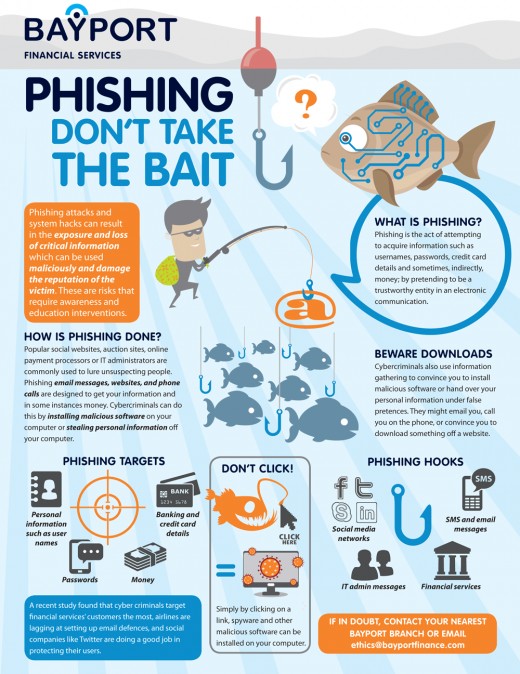
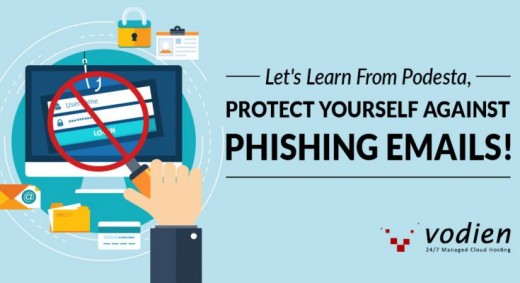
Beware Of Scam Phone Calls
This article is accurate and true to the best of the author’s knowledge. Content is for informational or entertainment purposes only and does not substitute for personal counsel or professional advice in business, financial, legal, or technical matters.
© 2011 N E Wright

![Norton 360 Premium 2024, Antivirus software for 10 Devices with Auto Renewal - Includes VPN, PC Cloud Backup & Dark Web Monitoring [Download]](https://m.media-amazon.com/images/I/41AU0gIXSbL._SL160_.jpg)




